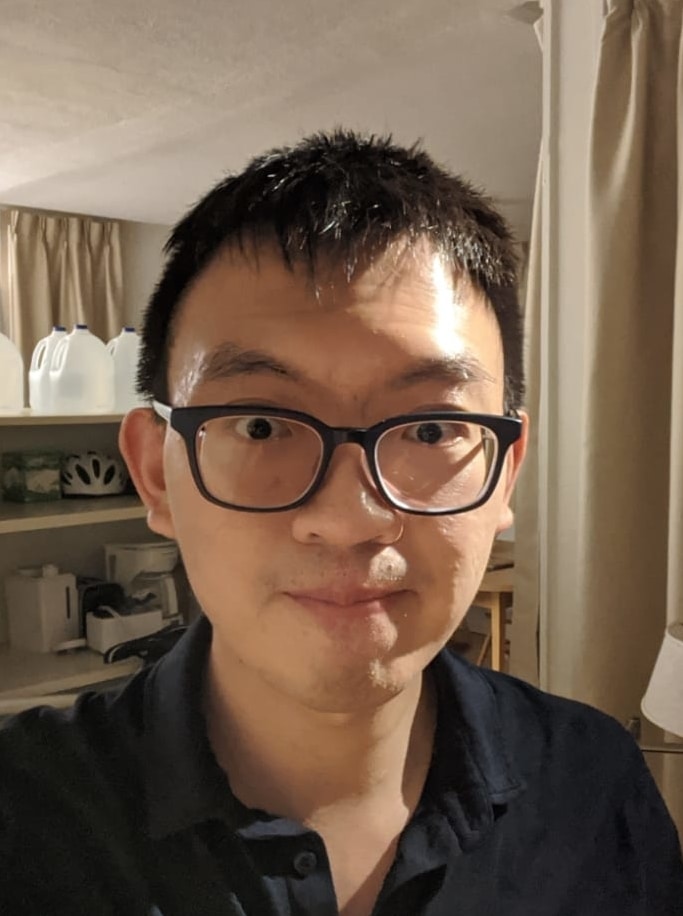Research Interests
My research group tackles the most challenging aspects of astrophysics in light of large data sets. My work draws heavily on a combination of theoretical modeling, statistical inferences, and machine learning. I use these tools to provide new innovative angles and shed light on the most fundamental questions of star formation, galactic evolution, the formation of black holes, and cosmology. I primarily work on the Milky Way, capitalizing on a wide range of on-going large-scale surveys and most key future surveys in the next decade. I am an “end-to-end” large survey-oriented scientist – I develop novel machine learning methods to maximally harness information in the data, build theoretical models, and confront them with observation via statistical inference.
Homepage:
https://www.ysting.space
Media Presence:
TED Video: How do we measure distances in space
https://ed.ted.com/lessons/how-do-we-measure-distances-in-space-yuan-sen-ting
TED Video: How do we study the stars
https://ed.ted.com/lessons/how-do-we-measure-distances-in-space-yuan-sen-ting
Selected OpEds
Hollywood Science Fiction: Lost in Space
https://www.sinchew.com.my/?p=3042247
One World, Two Skies: The Bifurcation of the Sky by Technology
https://www.sinchew.com.my/?p=2975642
Biography
I was born and grew up near Kuala Lumpur, the capital of Malaysia, and my hometown is a beautiful riverside village known as Sibu. Since high school, I have been pursuing my education on different continents and in various cultures, adding another self to the growing body of my work. The process started when I undertook a concurrent, double-degree program from the National University of Singapore, and Ecole Polytechnique, in France. I moved to the United States to pursue a Ph.D. in astrophysics at Harvard University, funded by a NASA Earth and Space Science Fellowship. After earning my doctorate in 2017, I was honored to be the first scholar awarded a joint-fellowship from the Institute for Advanced Study at Princeton, Princeton University, and Carnegie Observatory (and a NASA Hubble Fellowship). Two years after, I was appointed a continuing faculty position at the Australian National University in Canberra. After the havoc due to the pandemic, I joined the school in 2021 and have been here since.
Selected Awards:
2021 - Australian Research Council Discovery Early Career Researcher Award (DECRA)
2019 - AURA Future Leader, The Association of Universities for Research in Astronomy
2018 - NASA Hubble Fellowship
2017 - Institute for Advanced Study School of Natural Sciences Fellowship
2017 - Carnegie-Princeton Fellowship
2017 - CCAPP Price Prize in Cosmology and AstroParticle Physics
2016 - Selected to attend the Lindau Meeting of Nobel Laureates
2015 - NASA Earth and Space Science Fellowship
Available Student Projects
Signatures of planet ingestion among binary stars
Astrogenetic: Unravelling the History of the Milky Way with Phylogenetic Methods
Harnessing the Spectroscopic Fingerprints of Stars through Domain Adaptation
Improving Telescope Operations via Explainable AI and Reinforcement Learning
Mapping Dark Matter in the Milky Way via Physics-Inspired Neural Networks
